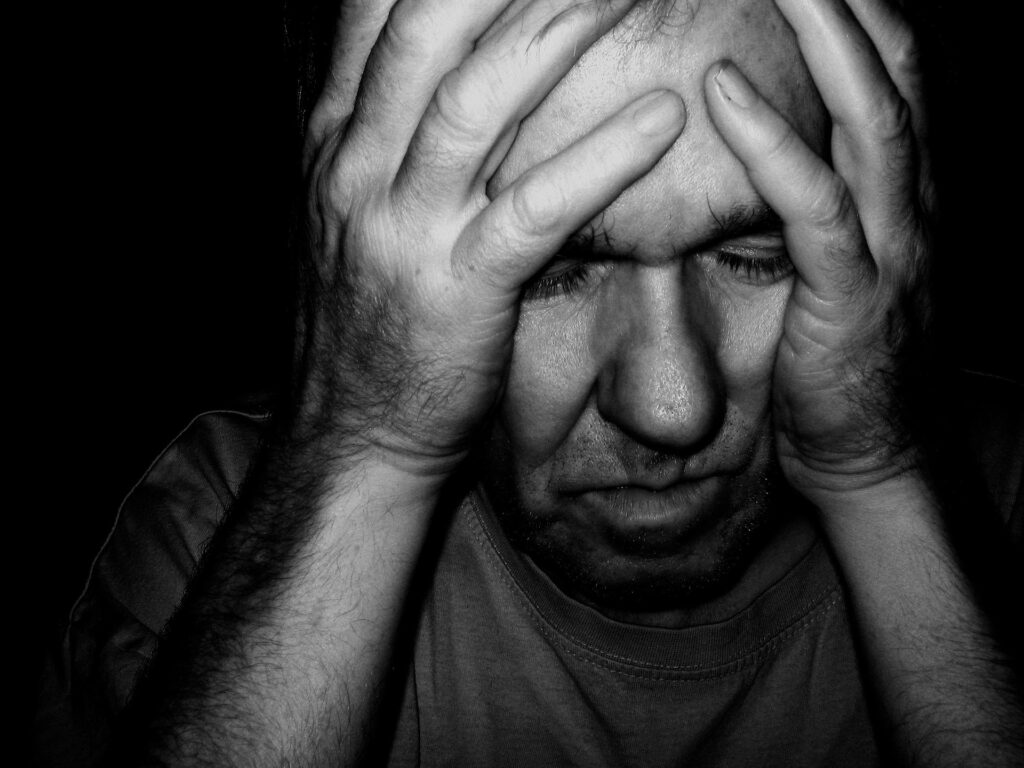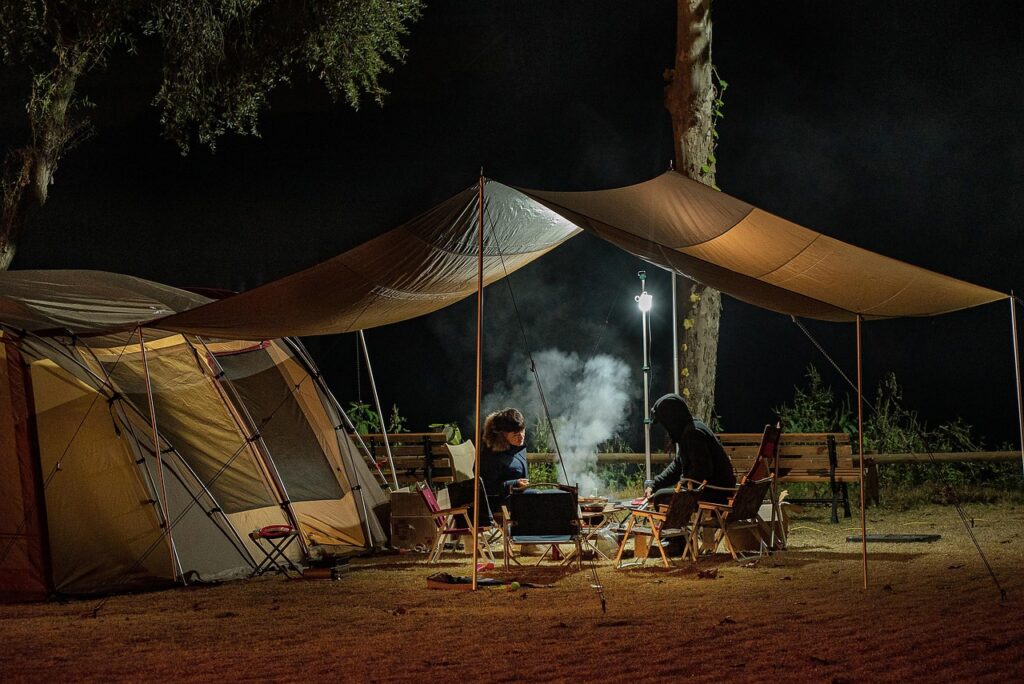Let’s be trustworthy: prepping can put on you down.
You spend years stocking up, studying abilities, coaching your mindset—after which the world doesn’t finish. In reality, it form of stabilizes. The cabinets refill, fuel costs dip, the facility stays on… and subsequent factor you recognize, you’re asking your self: Why am I nonetheless doing all this?
That feeling is preparedness fatigue, and should you’ve been on this world for any size of time, you’ve felt it.
It creeps in in the course of the lulls—when society hasn’t collapsed (but), and your bug-out bag simply sits within the closet gathering mud. The adrenaline of 2020 has lengthy worn off, and now it’s straightforward to marvel if possibly the normies had been proper all alongside.
However let me let you know one thing: fatigue is regular—however failure to adapt is lethal.
Why Preparedness Fatigue Occurs
Prepping is, at its core, an funding within the what if. And like every long-term funding, it may really feel unrewarding within the brief time period—particularly when the “disaster” by no means fairly arrives.
Right here’s why it hits arduous:
Life stabilizes. There’s meals on the cabinets and Netflix on the display. It’s straightforward to let your guard down.Folks mock the life-style. When you’ve been referred to as paranoid greater than as soon as, you’re not alone.Prepping turns into routine. Stock checks, rotation, repairs—all of it feels a bit pointless when there’s no urgency.Burnout is actual. Particularly should you went arduous throughout COVID, it’s pure to ease off the fuel now.
However right here’s the reality: simply because nothing dangerous occurred but doesn’t imply you had been improper to arrange. It means you had been early—and that’s a hell of rather a lot higher than being late.

The Price of Letting Your Guard Down
The issue isn’t that individuals cease prepping. It’s that they cease considering like preppers.
That mindset—that quiet alertness, the behavior of asking “what if?”—that’s what makes you resilient. Lose that, and also you’re simply one other particular person standing in line on the grocery retailer the night time earlier than a storm hits.
Associated: The Wise Prepper – A Sensible Information to Actual-World Preparedness
Methods to Beat Preparedness Fatigue With out Burning Out
You don’t have to dwell in a continuing state of alert. You simply want to remain sharp. Right here’s the right way to maintain the sting with out dropping your sanity:
1. Rotate Focus Areas
Don’t attempt to do all the things directly. Break your prep objectives into month-to-month themes—one month is meals, the following is comms, then first assist, and so forth.
Retains issues freshBuilds depth in particular areasMakes progress really feel tangible once more
Bonus: Nice time to restock expired meds or rotate pantry items.
2. Schedule “SitReps”
As soon as 1 / 4, run a self-assessment:
Stock your gearRevisit bug-out or bug-in plansRe-evaluate threats based mostly on present occasions
Make it a behavior, not a response.
3. Convey Others In (Rigorously)
When you’ve bought household or a tight-knit group, give everybody one thing to handle. Delegation builds resilience—and reduces the psychological load on you.
Partner into meals storage? Allow them to personal it. Child needs to study comms? Hand them a radio and allow them to dig in.
Associated: Dwelling Fortification Ideas – Securing What You Can’t Go away

4. Do a Gear Test—Then Prepare With It
Typically fatigue comes from an excessive amount of idea, not sufficient hands-on. Choose one piece of drugs this month and use it:
Construct a fireplace along with your ferro rodCook dinner in your backup stoveRun a dry bug-out drill along with your bag
Feeling stale? Put your fingers in your gear.

Cofiyard Propane 2 Burner Tenting Range with Carrying Bag, Moveable Folding Fuel Range for Tenting, Backpacking Camp Range for Out of doors Cooking, With 17,000 BTU Adjustable Burners for BBQ, Tailgating
5. Shift from “Doom” to “Self-Reliance”
If all the things you learn and watch is about collapse, corruption, and disaster, in fact you’re going to burn out.
Steadiness it with abilities that construct self-reliance, not simply survival:
Prepping isn’t nearly surviving a disaster. It’s about dwelling with much less dependency—now.
Remaining Thought: It’s Not About If—It’s About When
You didn’t prep as a result of it was fashionable. You prepped since you noticed the cracks earlier than most individuals did.
If nothing ever goes improper, good. But when it does—and we each understand it in all probability will—you’ll be prepared when others aren’t.
Preparedness fatigue doesn’t imply you’re finished. It means it’s time to regulate, recharge, and refocus.





















